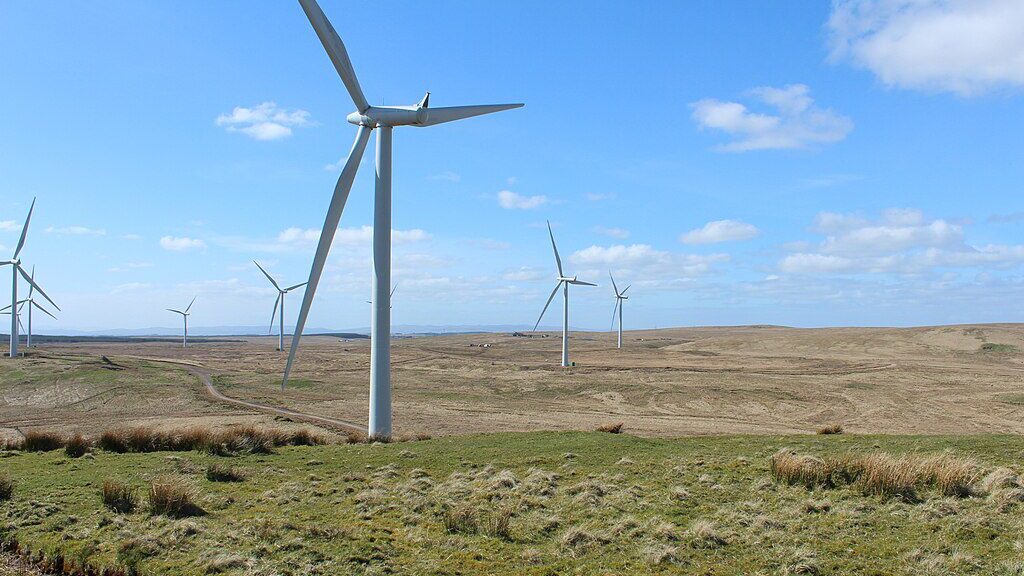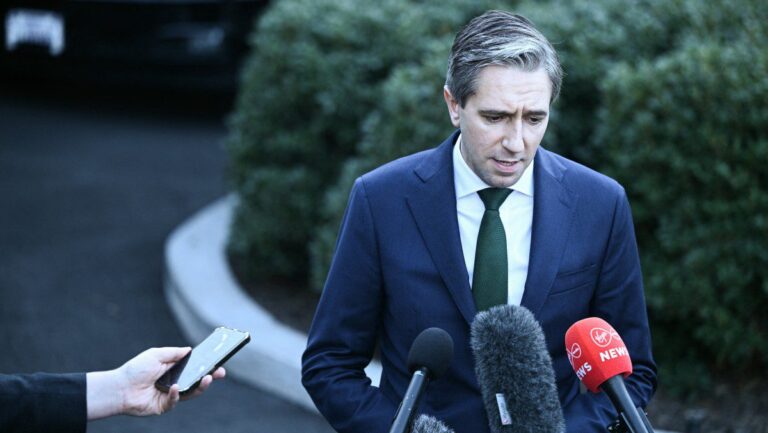Britain’s energy regulator is considering forcing households fitted with heavily government-promoted ‘smart meters’ to pay more for their electricity at the busiest times of the day.
Responding to reported discussions around ‘surge pricing’, journalist Ross Clark, a sceptic regarding green policies, said the reason smart meters are being “foisted” on Britons “is clear”:
[They are designed] to enable Uber-style surge pricing of electricity in the absence of any other effective plan to cope with the intermittency of wind and solar.
The Conservative government has long promised that these devices—which give both users and providers regular energy use updates, allegedly “underpinning the transition to a greener, more reliable [net zero] energy system”—put “consumers in control of their energy use.” But what does this mean if said consumers have to pay more to boil the kettle, watch the television or, once new petrol vehicle sales have been banned, charge their car when the energy grid is at its busiest? This question is all the more pertinent when it comes to elderly energy consumers, who are more likely to need the heating turned on throughout the day.
The critical Net Zero Watch campaign group complained that these discussions come “despite repeated assurances from the government that smart meter technology would not result in more expensive energy bills for consumers.”
OFGEM, Britain’s energy watchdog, is quoted in The Daily Telegraph as admitting that at least one of the proposals it is considering would risk “exposing customers to wholesale price variability” and that “many consumers may struggle to engage with constantly evolving pricing.”
Smart meters have been promoted heavily through all the official channels over the past few years, and, as new homeowners can quickly find out, it is now difficult to avoid their installation. Figures suggest there are almost 33 million smart meters in UK homes, although it is estimated that around 10% of these don’t work.
One thing guaranteed to heat up is the competition between smart meters and renewables to determine which is the least reliable. As the Telegraph reports:
OFGEM said lower costs under dynamic pricing would be largely dependent on “weather patterns” with more renewable energy from wind and solar farms produced when it is “particularly windy or sunny.”
In which case, the reverse of this is also true; that higher costs would be established when it is not particularly windy or sunny.
The government said that it “welcome[s]” OFGEM’s considerations.





